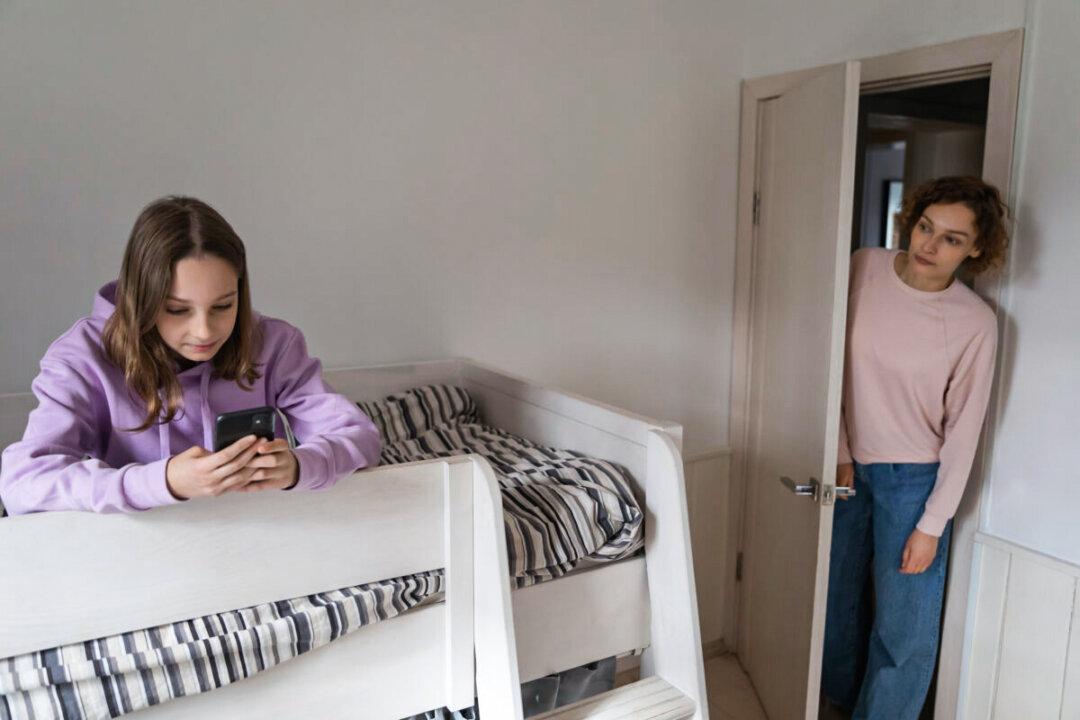Most of us have spent more time on screens since the start of the COVID-19 pandemic. This increase in screen time may be especially pronounced among teens because of school closures, the cancellation of extracurricular activities, and restrictions on physical social interactions. This has led both parents and researchers to worry that the pandemic is making young people addicted to their phones and that this increased screen time is contributing to feelings of social disconnection and isolation.
In a study produced by our research team at the University of British Columbia, we found compelling evidence that young people don’t see their screen time as an important factor contributing to their feelings of social disconnection.

